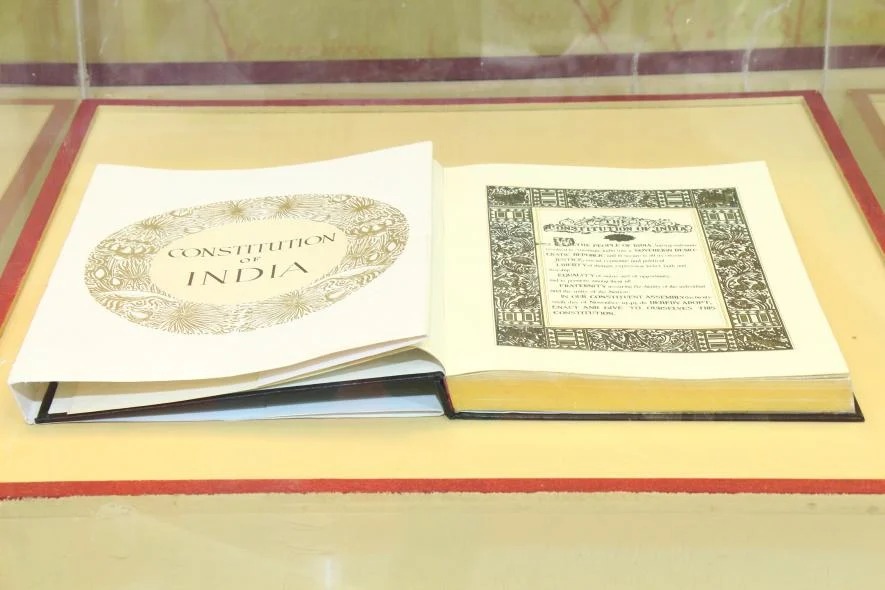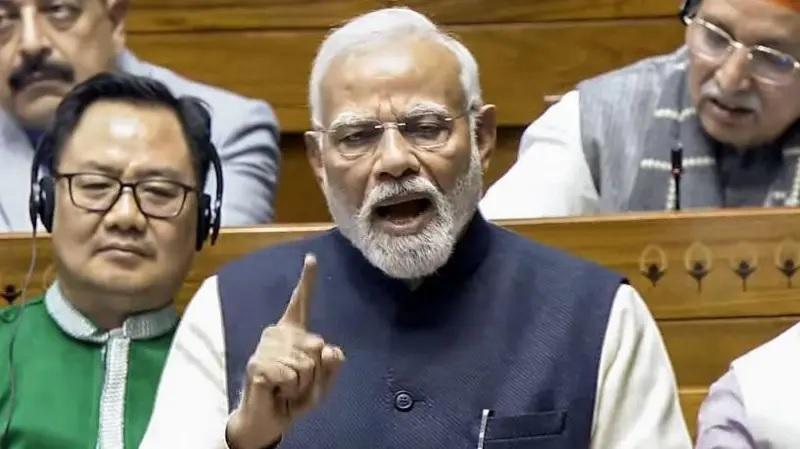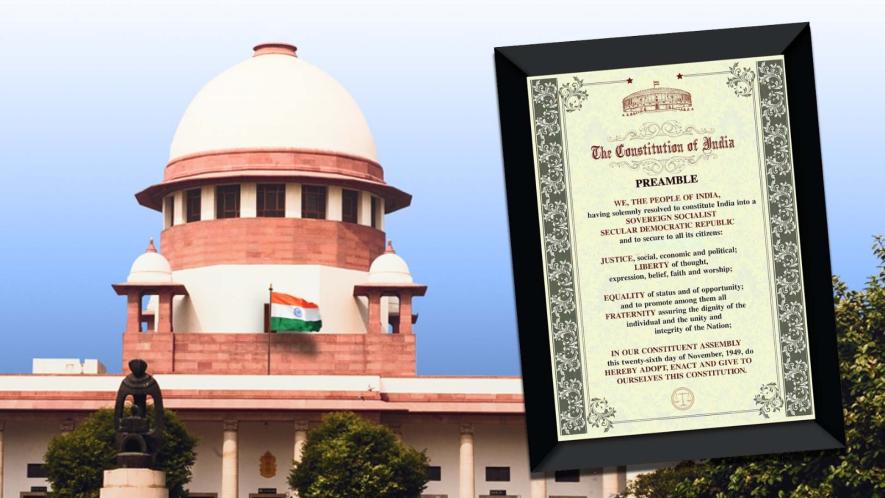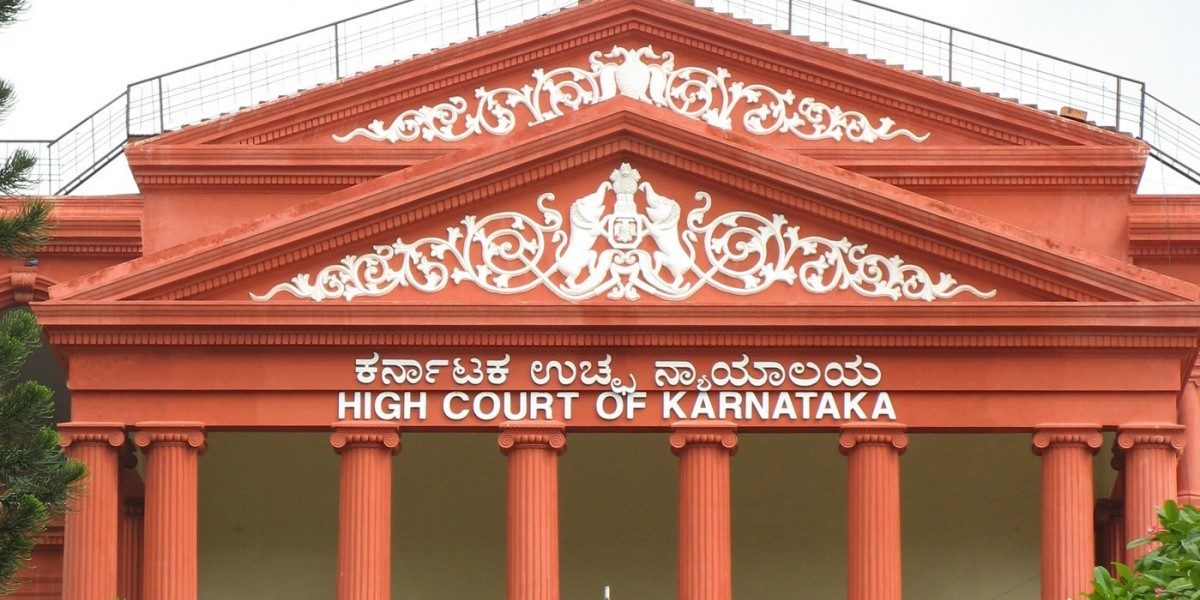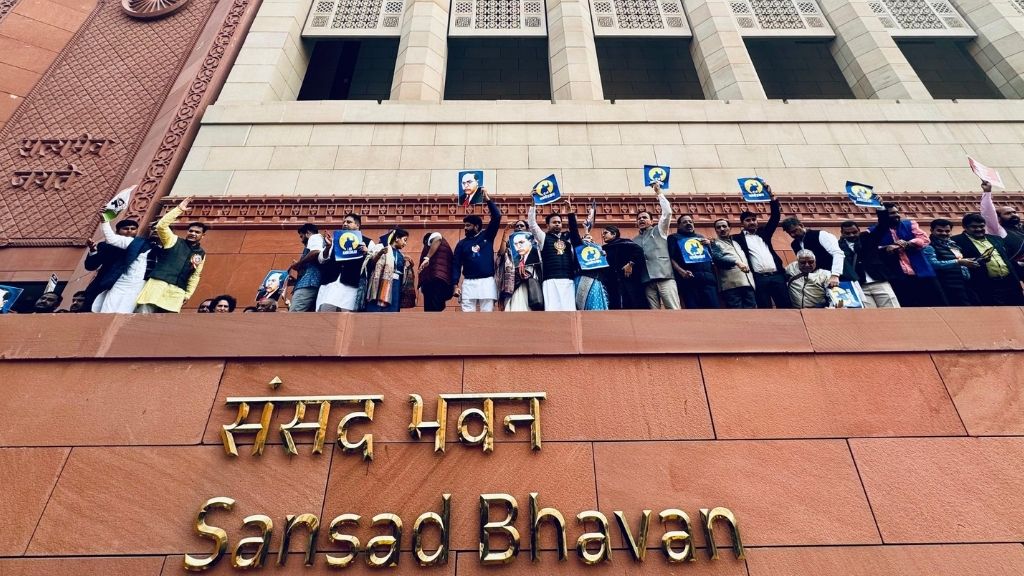
“Many children attend madrasas where they receive large religious teaching with very little participation in the national mainstream education system,” the NCPRC said.
The National Commission for Protection of Child Rights (NCPCR) told the Supreme Court that madrasas are not fit to impart education as they work unreasonably.
The NCPCR said that the madrasas function highly in the context of religion, deriving a child’s right to fundamental education, thus violating the Constitutional mandate, Right to Education (RTE) and the Juvenile Justice Act, 2015.
“It is a flagrant violation of a child’s fundamental constitutional right to education to impart an education that is entirely in the context of religion and that does not adhere to the requirements of the RTE Act, 2009, or any other applicable laws,” it told the Supreme Court.
The NCPCR said that madrasas had failed to provide a holistic environment for education sans a proper curriculum, teachers’ deficiency and non-transparency in funding.
“Madrasas lack committee to monitor its working because of which the parents are deprived of information regarding the progress of their children,” NCPCR said.
“Many children attend madrasas where they receive large religious teaching with very little participation in the national mainstream education system,” it added.
The NCPCR said the Board of Madrasa Education should not be regarded as an academic authority because it is merely a body with the power to conduct exams.
It further claimed that only 16 percent of the students attending were Muslims and a large number of non-Muslims study in madrasas.
“Keeping children from professing any other religion apart from Muslim shall amount to violation of section 75 of the Juvenile Justice Act 2015 (JJ Act 2015). Not only are children’s fundamental rights being infringed through grants, but the Juvenile Justice Act, 2015, is also been disregarded,” NCPCR said.
On April 5, the Supreme Court stayed the order of the Allahabad High Court which had struck down the Uttar Pradesh Board of Madarsa Education Act, 2004 as unconstitutional and violative of the principles of secularism.
The High Court had asked the state government to take steps to accommodate madrasa students in regular schools, adding that if required, new schools would be established to ensure that children between the ages of 6 to 14 years are not left without admission in duly recognised institutions.
SOURCE: SIASAT DAILY






